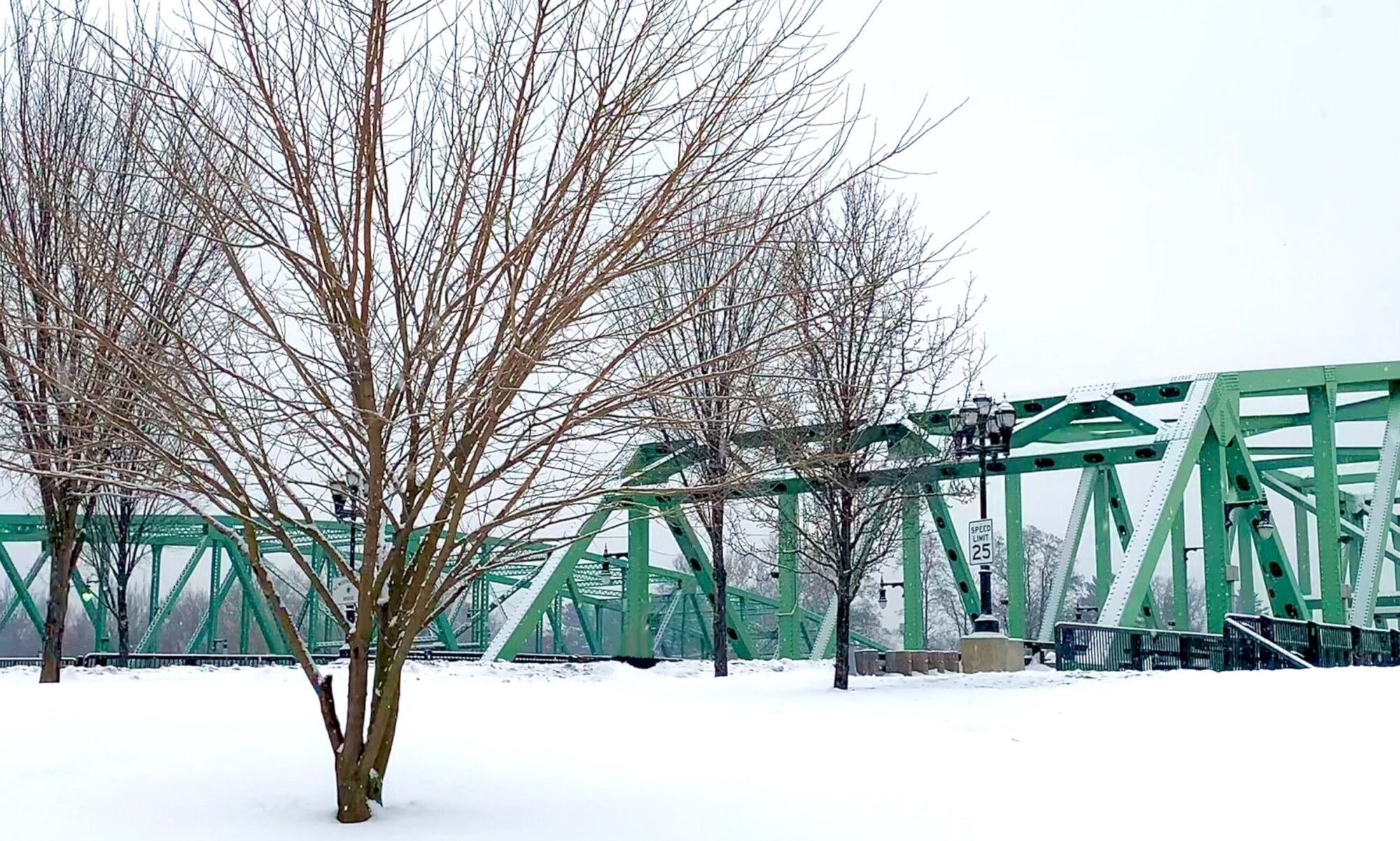(Boston Globe/State House News – Sam Drysdale) Three years after a COVID-19 outbreak at the Holyoke Soldiers’ Home resulted in at least 76 veterans’ deaths, and several investigations, lawsuits, and an oversight reform law later, shovels broke ground Monday on a new Holyoke Veterans Home.
The $483 million facility will house 234 long-term-care beds for the state’s medically vulnerable veteran population, according to Governor Maura Healey’s office. The new home is expected to be completed in summer of 2028.
The project to replace the Holyoke home will be funded by a combination of $263.5 million in federal funds through the US Department of Veterans Affairs State Home Construction Grant Program, and a state bond bill passed in 2021 that sent $400 million to finance the project’s design and construction.
“That’s why we are hired to work for you, to go to work, whether it’s in the State House or our nation’s capital, to secure funding, to pass laws, to get the right resources in place to make sure that we are better serving those who have served us,” Healey said at the groundbreaking ceremony Monday.
State Senator John Velis, a veteran who represents Holyoke and chairs the Joint Committee on Veterans and Federal Affairs, recalled meeting with families after the COVID-19 outbreak at the facility.
“To this day I often think about these initial meetings that I had with these family members. Families were crying out loud, often literally, saying that they couldn’t talk to any elected official. They didn’t know what was going on,” Velis told the News Service. “These families said they needed a new home, needed more oversight, and then that third piece, that this should never happen again.”
Builders will follow a “phased construction” schedule, aiming to keep veterans in place in the older building during the construction period before transitioning them to the new facility on the same site, according to the Executive Office of Veterans’ Services.
Most residents will have their own private room, though there will be options for residents to have a roommate.
At the time of the deadly COVID-19 outbreak, some veterans were crammed four or five to a room, Velis said.
“Four or five to a room is not care with dignity,” he said. “Many of these men and women had not been four or five to a room since basic training. Separate even from concerns about infection control, it’s about dignity.”
The new 234-bed facility will be eight stories, and each floor will have three “houses” with 12 beds each, communal spaces, and nursing support. This includes a 30-bed memory care floor, and the home will also host a 40-person adult day health program for veterans who live in the community, according to the Division of Capital Asset Management and Maintenance.
The new 350,000-square-foot building will also hold a chapel, and the campus will include outdoor gardens, a memorial highlighting the veterans who died during the pandemic, and a pavilion to host physical and occupational therapy sessions as well as outdoor events.
“The ‘never again’ piece that family members told me, this was great today,” Velis said, referring to Monday’s groundbreaking ceremony. “We had everyone out to see it. But my job as the chair of the committee is to make sure that two or three years from now — people have short memories — that veterans still have all the resources they need. It’s easy to do things when tragedy strikes. The question is, can we sustain that?”
The COVID-19 outbreak that killed dozens of veterans was found to be connected to operational and governance shortcomings at the state-run facility. An independent report found an “abject failure of leadership” at the home.
Mark Pearlstein, a former first assistant US attorney tapped by former governor Charlie Baker to lead the investigation in 2020, wrote that the “worst decision” made at the home in response to the outbreak was combining two locked dementia care units that housed some patients who had tested positive for COVID-19 and others who were negative, because of a “looming staff shortage.”

